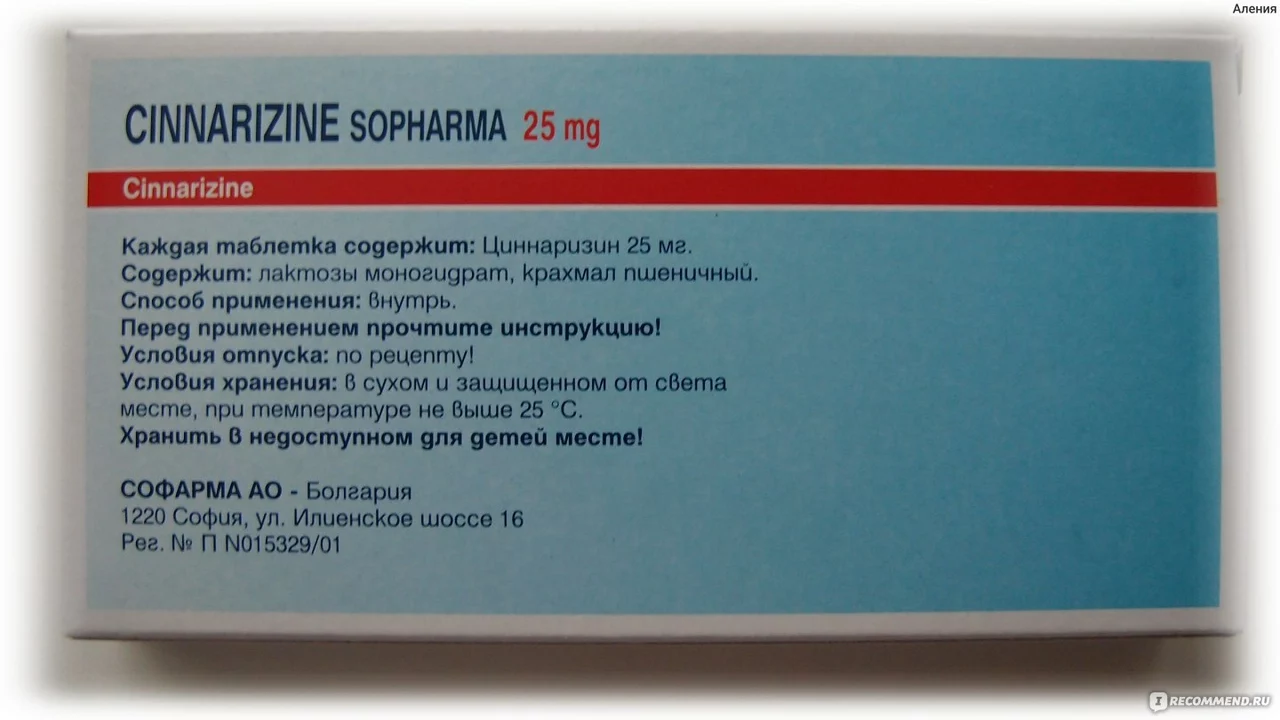Understanding Cinnarizine and Its Uses
Cinnarizine is a medication that belongs to the class of antihistamines, which are primarily used to treat allergies and motion sickness. It works by reducing the activity of histamine, a substance produced by the body that causes allergic reactions and symptoms of motion sickness. Cinnarizine is often prescribed to children who suffer from frequent motion sickness or vertigo, making it an important medication for many families. In this article, we will discuss the dosage, safety, and precautions associated with cinnarizine for children.
Determining the Appropriate Dosage for Children
As with any medication, it is crucial to administer the correct dosage of cinnarizine to your child. The prescribed dosage will vary depending on factors such as age, weight, and the severity of the symptoms being treated. Generally, the recommended dose for children aged 5 to 12 years is 15 mg, taken two or three times a day. For children aged 12 years and older, the usual dose is 30 mg, also taken two or three times daily. However, it is essential to follow the guidance of your child's healthcare provider, as they may recommend a different dosage based on your child's specific needs.
Ensuring Safety When Administering Cinnarizine
While cinnarizine is generally considered safe for most children, there are some important safety precautions to keep in mind. First, always ensure that the medication is stored out of reach of children, as accidental ingestion can lead to an overdose. Additionally, cinnarizine should not be administered to children under the age of 5, unless explicitly recommended by a healthcare professional. If your child has a history of liver or kidney problems, it is important to discuss this with their doctor, as these conditions may affect how the body processes cinnarizine and could require a dosage adjustment.
Monitoring for Side Effects
As with any medication, there is a potential for side effects when taking cinnarizine. Some of the more common side effects include drowsiness, dry mouth, and gastrointestinal issues such as nausea or constipation. Although these side effects are generally mild and manageable, it is important to monitor your child closely while they are taking cinnarizine and report any concerns to their healthcare provider. In rare cases, cinnarizine can cause more severe side effects, such as difficulty breathing, swelling of the face, or an irregular heartbeat. If your child experiences any of these symptoms, seek immediate medical attention.
Precautions to Follow While Using Cinnarizine
In addition to the safety measures mentioned above, there are some additional precautions to be aware of when administering cinnarizine to your child. One of the most important precautions is to avoid giving your child any other medications that may interact with cinnarizine, such as other antihistamines, sedatives, or certain antidepressants, without first consulting their healthcare provider. Additionally, it is important to ensure that your child does not consume alcohol while taking cinnarizine, as this can exacerbate the medication's side effects.
Teaching Children About Medication Safety
As a parent, it is important to teach your child about the importance of medication safety. This includes explaining why they need to take their medication, how it works, and what they should do if they experience any side effects. Additionally, it is crucial to emphasize the importance of not sharing their medication with others and to always follow the prescribed dosage. By educating your child about medication safety, you can help them develop a better understanding of how to manage their own health and well-being.
In conclusion, cinnarizine can be a helpful medication for children who suffer from motion sickness or vertigo. By following the appropriate dosage guidelines, ensuring the safety of the medication, and taking necessary precautions, you can help your child find relief from their symptoms. As always, if you have any concerns or questions about cinnarizine, be sure to consult your child's healthcare provider for guidance.


Cinnarizine is overprescribed for kids. I've seen parents give it for minor car rides. Drowsiness isn't 'mild' when your kid can't focus in school. The guidelines are too loose.